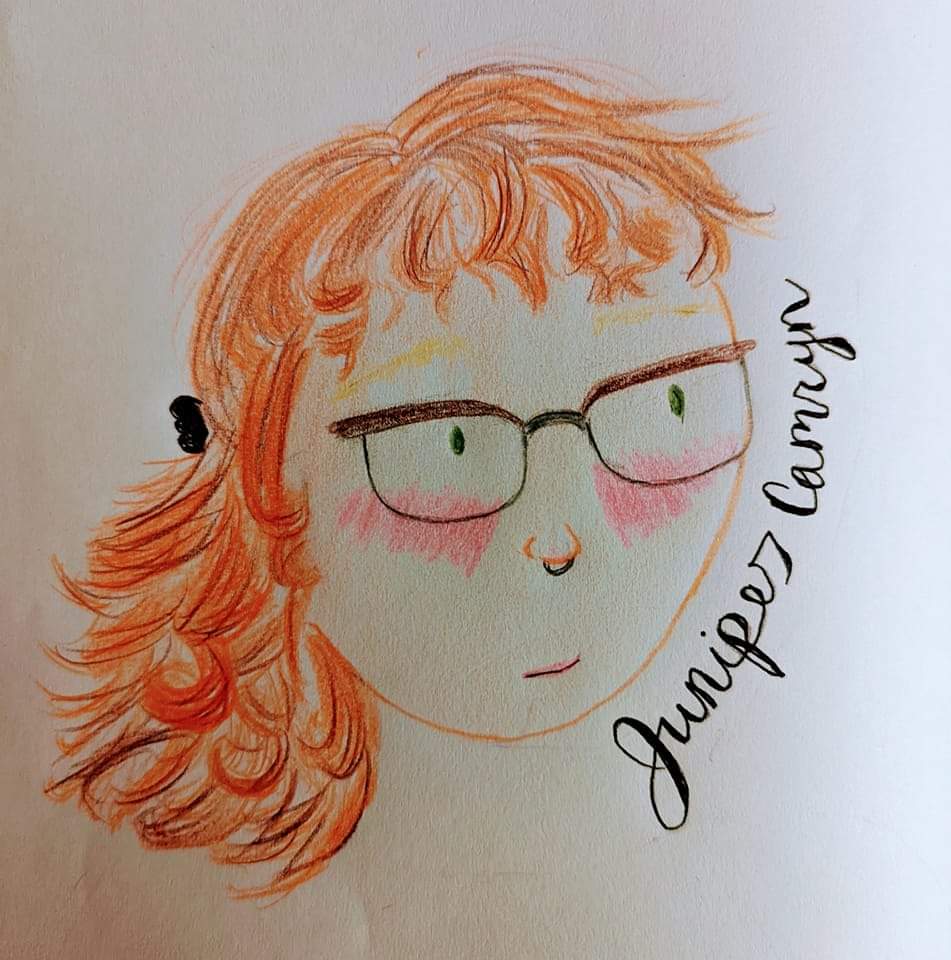Mitigating Harm through Social Structures
Originally published July 8, 2021
While we may never fully do away with human cruelty and greed, we have a lot of power to create structures that mitigate the harm that humans impose upon other humans and the environment.
When individuals are able to hoard power, power is easily abused.
Think about a boss with a baseless grudge against an employee. Someone could lose their income, health insurance, their entire livelihood due to the whims and biases of one person.
Imagine the kinds of decisions that happen at even greater levels- individuals with the power to influence the fate of larger communities, countries, even the world.
As imperfect humans who spend our entire lives grappling with our values, struggling to live in alignment with our integrity, how can we leave such decision making in the hands of individuals and hope they do the right thing?
Transforming our world to be governed by horizontal power structures limits the amount of power any one individual in an institution has access to.
Horizontal worker and consumer cooperative models can be adapted for just about any service or resource you can think of.
It is possible for entire communities to be governed at a direct democratic level.
There are many examples of rural towns who have bought out electric companies and turned them into consumer co-ops, where those using the resource are also the owner.
While corporate ownership makes consumers vulnerable to everything from higher price of services to resource mismanagement that can result in environmental destruction due to corporate greed, resources owned by the community of consumers assure that decisions made are in the best interest of the community.
Now the majority of retail environments are run like mini dictatorships. Power is consolidated upwards and workers have little to no say over everything from their work environments to their pay.
Lower level managers are often overburdened with work themselves and do not have say over things like budgets to ensure that a store has sufficient labor to distribute work in a comfortable and sustainable manner.
The bottom rungs hold up the entire company and yet they are driven to burnout for profits that they will never see.
In worker co-ops power, profits, and responsibility are divided in equitable and sustainable ways.
While critics may say that co-operative, horizontal decision making structures are less efficient and slower- slower is exactly what we need if our intention is to move towards societies that are ecologically and socially sustainable.
Horizontal and direct democratic organization hold our greatest hope for creating a world that does not rely on violence and exploitation of humans and the environment to sustain itself.
Mitigating Harm through Social Structures
Originally published July 8, 2021
While we may never fully do away with human cruelty and greed, we have a lot of power to create structures that mitigate the harm that humans impose upon other humans and the environment.
When individuals are able to hoard power, power is easily abused.
Think about a boss with a baseless grudge against an employee. Someone could lose their income, health insurance, their entire livelihood due to the whims and biases of one person.
Imagine the kinds of decisions that happen at even greater levels- individuals with the power to influence the fate of larger communities, countries, even the world.
As imperfect humans who spend our entire lives grappling with our values, struggling to live in alignment with our integrity, how can we leave such decision making in the hands of individuals and hope they do the right thing?
Transforming our world to be governed by horizontal power structures limits the amount of power any one individual in an institution has access to.
Horizontal worker and consumer cooperative models can be adapted for just about any service or resource you can think of.
It is possible for entire communities to be governed at a direct democratic level.
There are many examples of rural towns who have bought out electric companies and turned them into consumer co-ops, where those using the resource are also the owner.
While corporate ownership makes consumers vulnerable to everything from higher price of services to resource mismanagement that can result in environmental destruction due to corporate greed, resources owned by the community of consumers assure that decisions made are in the best interest of the community.
Now the majority of retail environments are run like mini dictatorships. Power is consolidated upwards and workers have little to no say over everything from their work environments to their pay.
Lower level managers are often overburdened with work themselves and do not have say over things like budgets to ensure that a store has sufficient labor to distribute work in a comfortable and sustainable manner.
The bottom rungs hold up the entire company and yet they are driven to burnout for profits that they will never see.
In worker co-ops power, profits, and responsibility are divided in equitable and sustainable ways.
While critics may say that co-operative, horizontal decision making structures are less efficient and slower- slower is exactly what we need if our intention is to move towards societies that are ecologically and socially sustainable.
Horizontal and direct democratic organization hold our greatest hope for creating a world that does not rely on violence and exploitation of humans and the environment to sustain itself.
It may not be in our reach to rid ourselves of the most base human impulses, but it is well within our power to organize ourselves in such a way that harm can be more easily contained and it’s reach limited.
